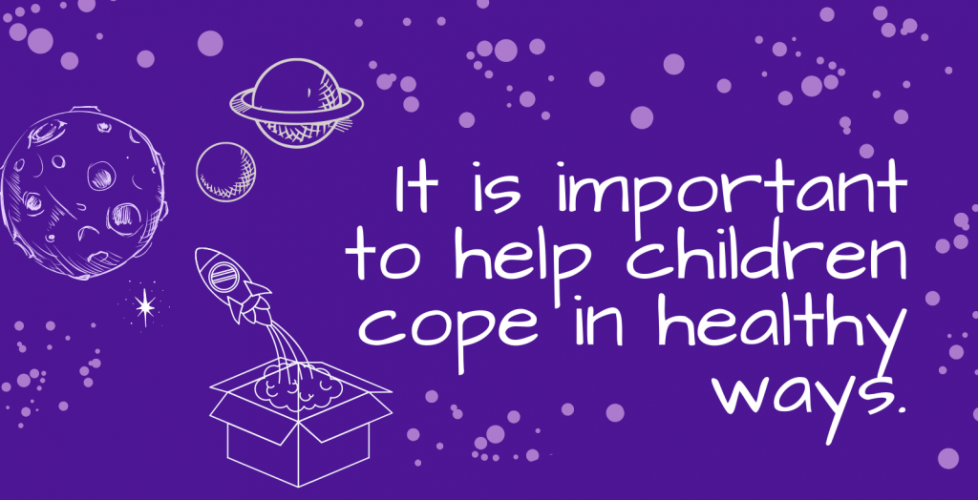Children Who Witness Domestic Violence Cope In Different Ways
An alarming number of children are maltreated or exposed to domestic violence in the United States each year. Researchers have estimated that between 3.3 million and 10 million children are exposed to domestic violence each year. And according to the Office on Women’s Health, children who witness or are victims of emotional, physical, or sexual abuse are at higher risk for health problems as adults which include, but are not limited to, anxiety, depression, diabetes, heart disease and other problems. The reality is that each child responds differently to abuse and trauma, but the sooner a child gets help, the better his or her chances are for becoming a mentally and physically healthy adult. Listed below are some of the different ways in which children cope with exposure to domestic violence.
Children may experience separation anxiety.
Young kids may be afraid to be apart from their parents. Older kids may worry about being away from home—they may fear that a parent might be abusive when they are at school.
Children may experience guilt.
Especially older kids – older kids may feel guilty that they couldn’t do anything to stop the abuse, especially if they are physically bigger than the abuser.
Children may experience denial.
Kids see things concretely—abstract thinking develops over time. So kids who don’t see the abuse first hand may try to believe that it’s not happening.
Children may experience mixed emotions.
Abusers are often nice to some or all of their children. That’s part of the manipulation of the abuser—to have allies throughout the household. Kids can love and hate the same person at the same time.
Children may experience apathy.
Acting out isn’t always aggressive. It can also take the form of apathy or lack of connection. They may detach from the overwhelming situation they are in.
Children may experience anger.
Older kids can be angry at the protective parent for not leaving an abuser sooner. Children don’t always understand the psychological tactics abusers use to trap a survivor.
Although children will probably never forget what they experienced or say, they can learn healthy ways to deal with their emotions and memories. One way to accomplish this is by teaching your child about respect—respecting oneself, respecting others, respecting property, and respecting feelings. Another way to accomplish this is by helping your child feel safe and nurtured. Ultimately, how successful a child is at recovering from abuse or trauma depends on several things, including a good support system with trusted adults, high self-esteem, and healthy friendships. DVIP’s youth department helps children learn to cope with and heal from domestic abuse. For more information, give us a call at 1-800-373-1043.
